V20 automated tissue grinder can perform rapid sample oscillation mixing, cell disruption, tissue homogenization, etc. It is fast, high-throughput, and can process up to 576 samples in one batch. It can handle a wide range of samples, including plant roots, stems, leaves, flowers, fruits, seeds, and animal tissues.
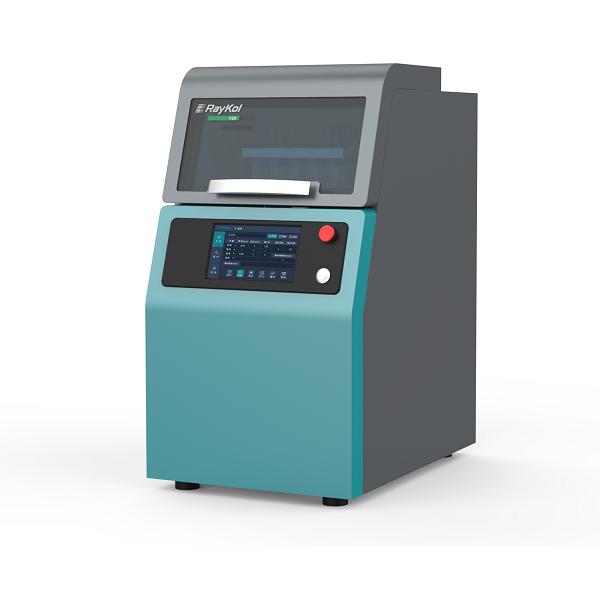
The QuEChERS method (Quick, Easy, Cheap, Effective, Rugged, Safe) is a recently developed international rapid sample preparation technique for agricultural product testing. It is characterized by speed, high recovery rate, high precision, and high accuracy.
RayKol's V20 automated tissue grinder can also meet the extraction requirements of the QuEChERS method. It is an ideal tool for extracting pesticide residues and other organic compounds. It features fast oscillation speed and high throughput, handling 20 positions of 50mL centrifuge tubes at once. Compared to other sample preparation methods such as vortexing, horizontal oscillation, or manual shaking, it can improve extraction efficiency and reproducibility.
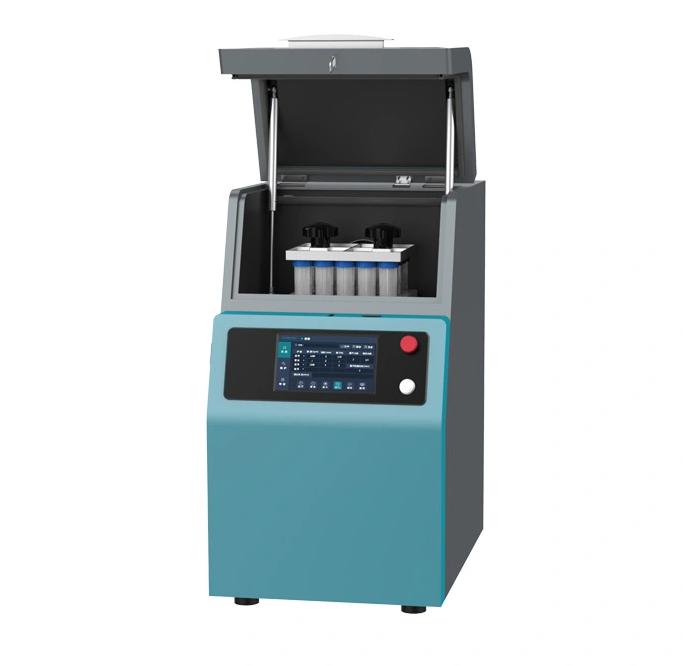
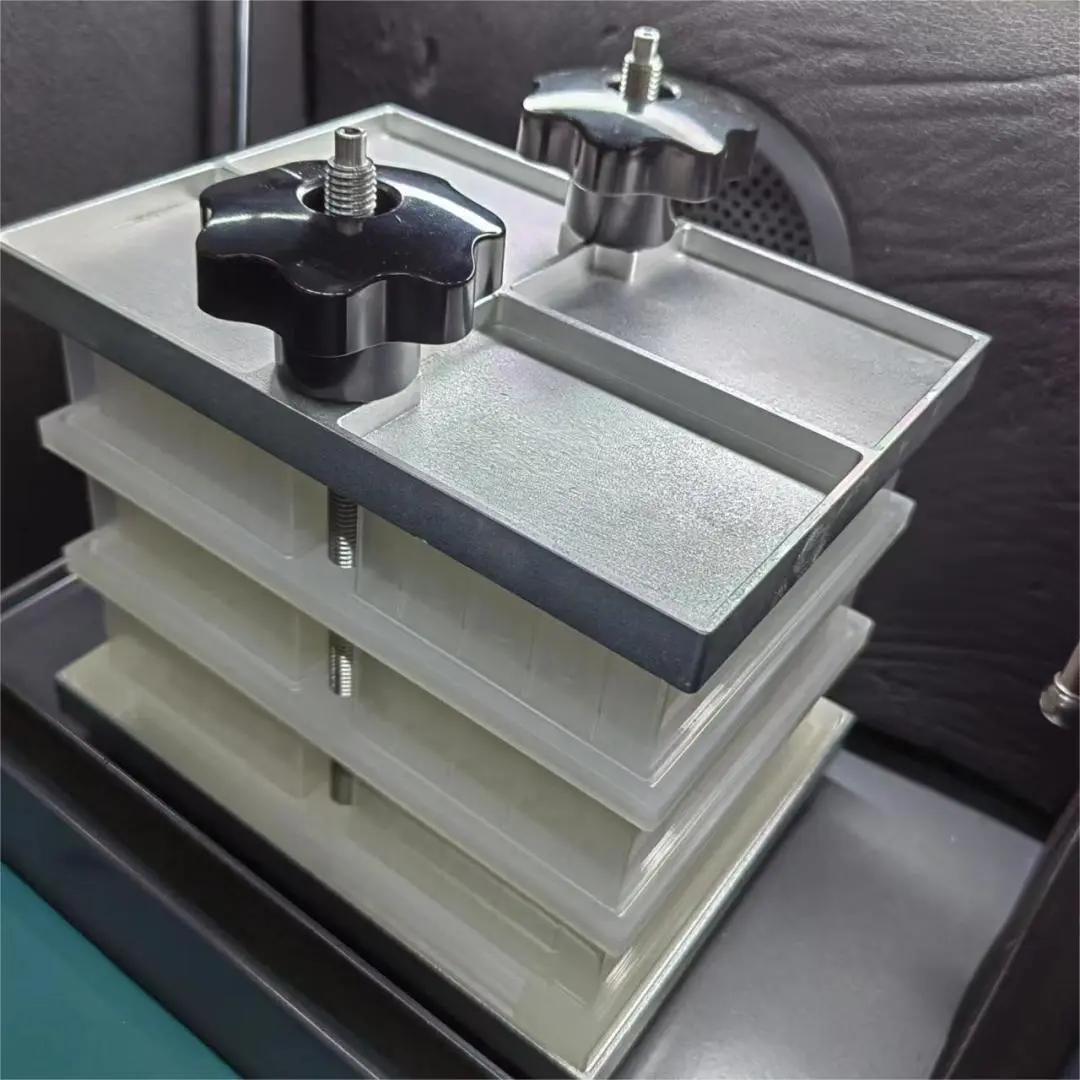
Equipped with adjustable clamps, it can accommodate a full range of sample bottles from 2mL to 100mL centrifuge tubes, 50mL grinding jars, or up to 6 deep-well titration plates, meeting various needs.
The touchscreen control panel allows users to program run time, rate, cycle count, interval time, reservation time, and more.
Small sample grinding, tissue homogenization, DNA/RNA research and extraction, pesticide residue extraction, veterinary drug residue extraction, protein and metabolite extraction, and QuEChERS.

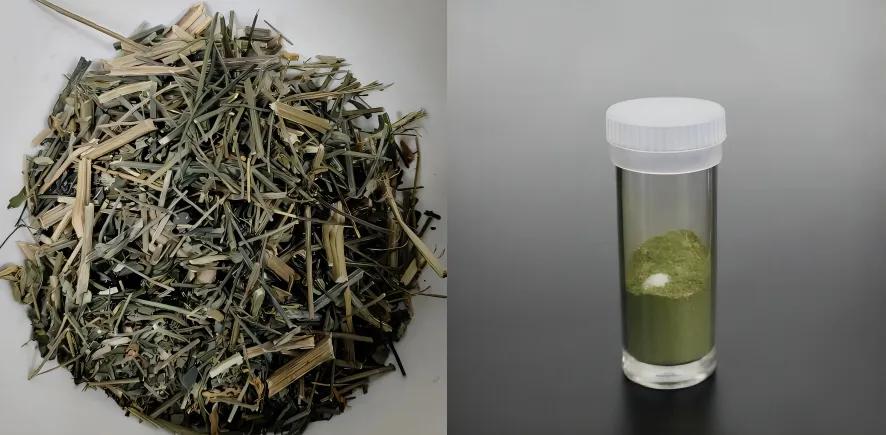
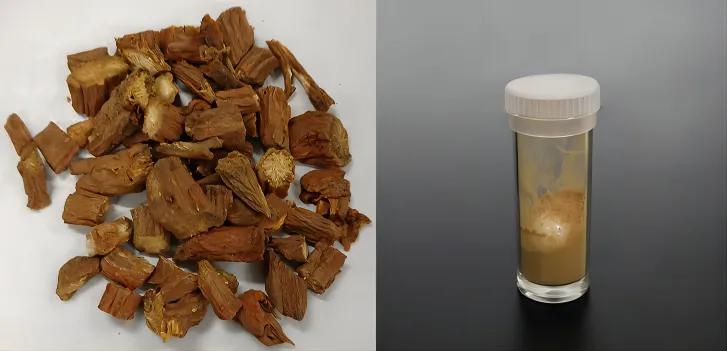
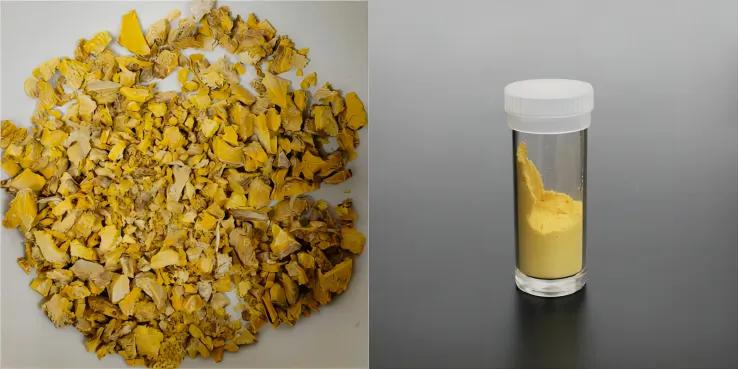

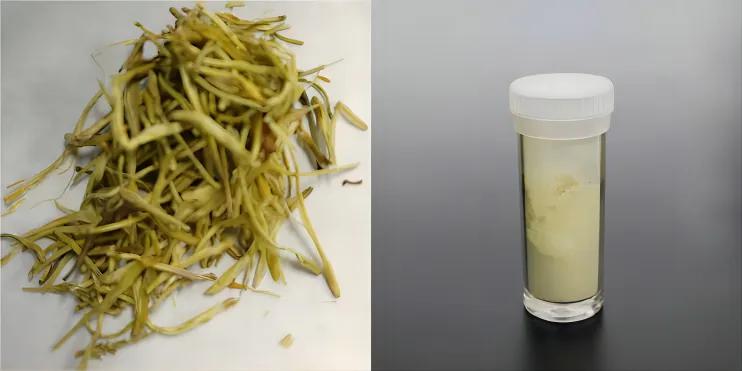
Animal tissue, plant tissue, cell cultures, fruits, traditional Chinese medicine, seeds, etc.
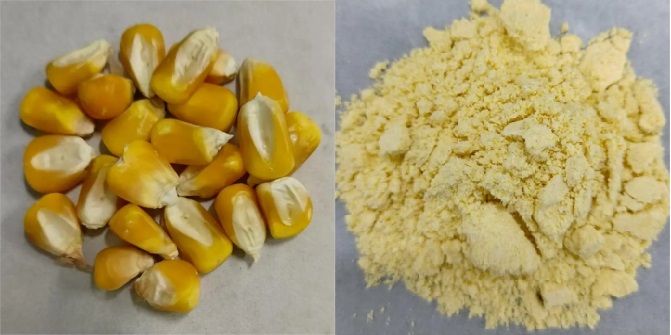
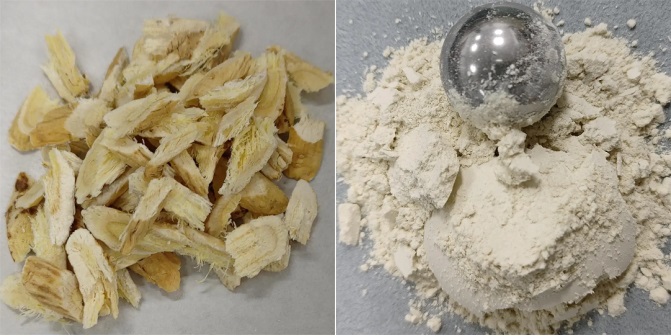
As an ideal solution for grinding animal and plant samples, the V20 automated tissue grinder has the following notable advantages:
Higher throughput: Higher throughput, capable of processing 6 x 96 deep-well plates simultaneously.
Improved pesticide residue recovery in fruits and vegetables: Strong disruption is necessary for thorough extraction, and the V20 can easily achieve this.
Uniform grinding process: Ensures consistent processing conditions for all samples of the same type, something that manual shaking cannot guarantee.